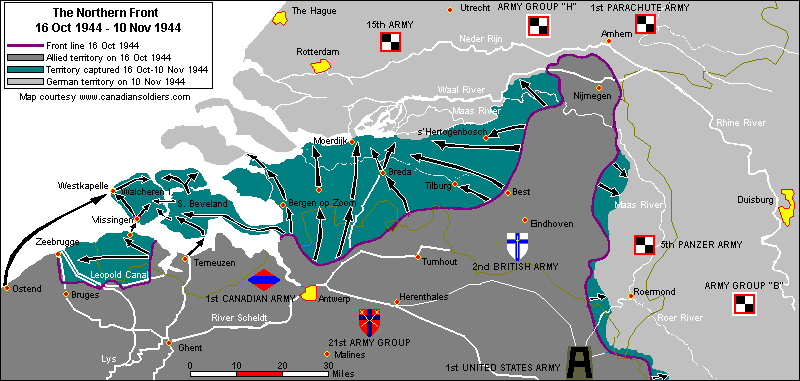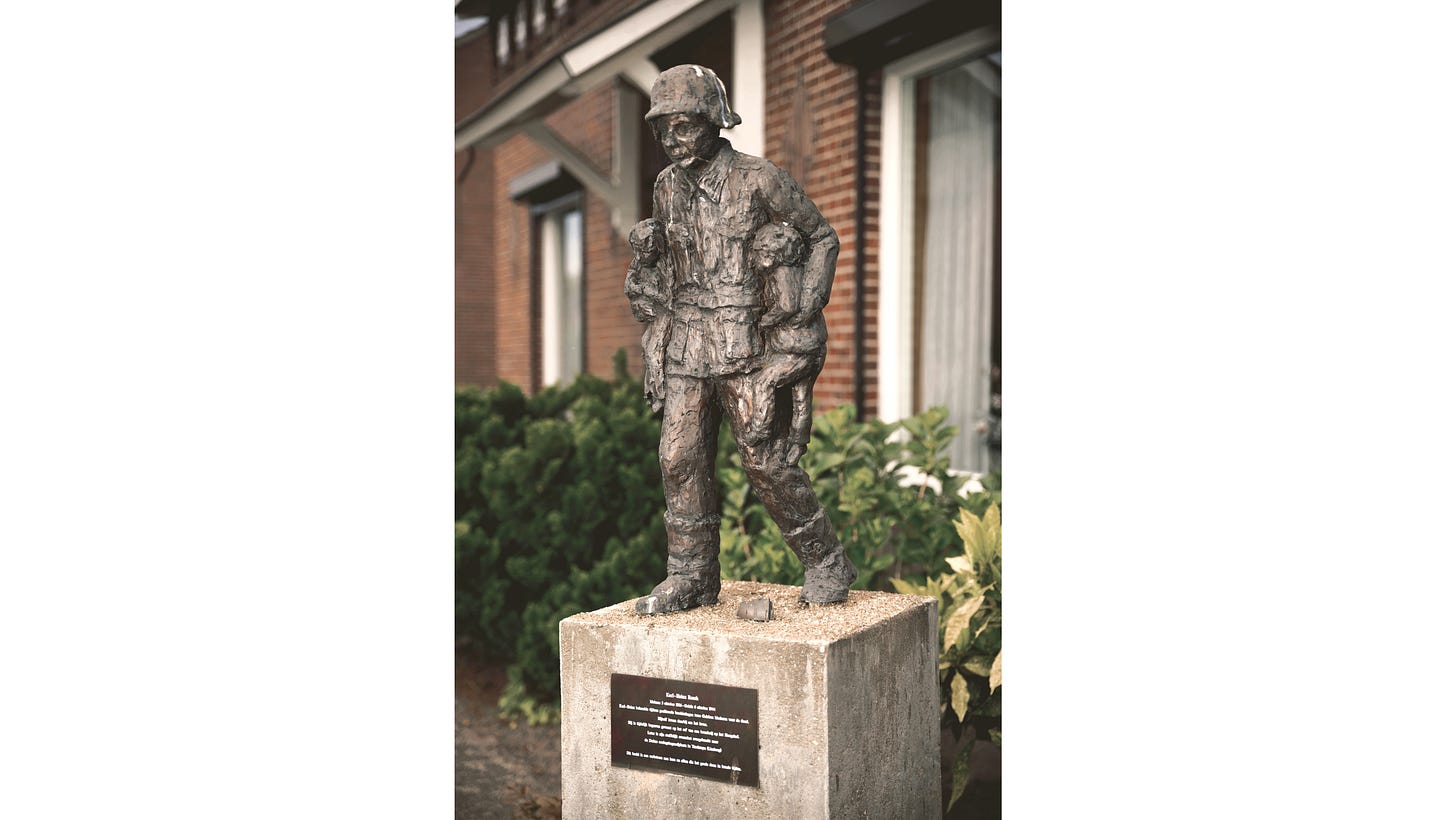In a recent article, I asked, "Are the 2020s spinning out of control?" One of the elements in the mix of worrying worldwide developments that seems to become more uncontrollable is Trumpism and the literal interpretation of his words by many of his devoted followers.
One of the commenters on the article wrote:
"I, too, am astonished at how easily people get swept up by the empty slogans of strongmen. Sadly, I think it speaks to a general lack of critical thinking skills and the ability of individuals to think for themselves. Or maybe it's groupthink, confirmation bias, or any of those other psychological compulsions whereby if a person doesn't have the will or skills to pause and question, they go with what emotionally feels "normal," even if it's abnormal."
And I replied:
"And that makes those who are strong enough to think for themselves, and those that stay human when human rights are trampled upon, the real heroes to look up to. I may write about them a bit more."
Karl-Heinz Rosch
Today is a perfect moment to do so since it was 78 years ago that a young man showed his strength to think independently and stay human in the madness of war.
And he was a young German soldier in the second world war.
October 6, 1944, was just three days after Karl-Heinz Rosch's 18th birthday. He was about to hide in a basement in the Dutch village of Goirle, together with his comrades, to avoid Allied fire aimed at his platoon. But then he noticed children playing nearby, unaware of the imminent danger.
Ignoring his safety, he ran to the kids, dropped his rifle, and carried the children to the safe basement. When he ran back to pick up his rifle, he was struck by a grenade at the same spot where the children had played. Karl-Heinz, at just eighteen, born in Germany's pottery town of Meissen, who had wanted to become a forester, died instantly.
It was not until many years later, when the rescued children gave their testimonies, that the story of the young German soldier's sacrifice was made known to the public.
More years passed, and after broadcasting a documentary in 2005, a discussion started about erecting a monument. However, the municipality did not want to cooperate in placing this statue for a German soldier. It explains why it has been placed in the garden of a house, not in the public space where Karl-Heinz Rosch was buried for several years. When the privately funded statue was unveiled in 2008, the half-brothers of Karl-Heinz and the rescued children, Jan and Toos Kilsdonk, were also present.
The last line on the plague on the monument reads: "This statue is a tribute to him and all who do good in bad times."
Friedrich Lengfeld
There are only two monuments worldwide for German Wehrmacht soldiers erected by former enemies. The other one is that of Friedrich Lengfeld. During the Battle of Hürtgen Forest, a month after the death of Karl-Heinz Rosch, he died attempting to save a wounded American soldier.
At the Hürtgen Cemetery of Honor, there is a memorial in his honor, which the Veterans Association of the 22nd US Infantry Regiment of the 4th Infantry Division erected on October 7, 1994, in honor of Lengfeld.
End cult-like following
These days we see again how often people blindly follow their leader in a cult-like devotion.
I don't know anything more about the background or beliefs of these two Germans than what I have shared here with you. But judging on their bravery and humanity during the extreme stress of battle, I believe they showed critical thinking skills and the ability for individuals to think for themselves in even the worst of circumstances.
I wish more people would share these two heroes' brave and independent thinking.
Imagine how they were under fire, in battle stress, and still cared about others, while today's blind followers of populist strongmen sit in their home's relaxed surroundings, thoughtlessly consuming the news.
I don't think that more critical thinking is too much to ask.
Notes:
The photo of the monument for Karl-Heins Rosch was taken by Erwin Beekveld, CC BY-SA 3.0 NL <https://creativecommons.org/licenses/by-sa/3.0/nl/deed.en>, via Wikimedia Commons
https://en.wikipedia.org/wiki/Karl-Heinz_Rosch
https://en.wikipedia.org/wiki/Friedrich_Lengfeld
The map is by Michael Dorosh at English Wikipedia, Public domain, via Wikimedia Commons








Thank you for sharing their stories.
YES! to critical thinking. And YES! to humanity.
Thanks for sharing the stories of those 2 brave, young, German men (boys really). Their actions in the face of extreme stress and danger are a tribute to their humanity. As you rightly stated, we need more critical thinking and a belief in our common humanity despite the circumstances we find ourselves in.